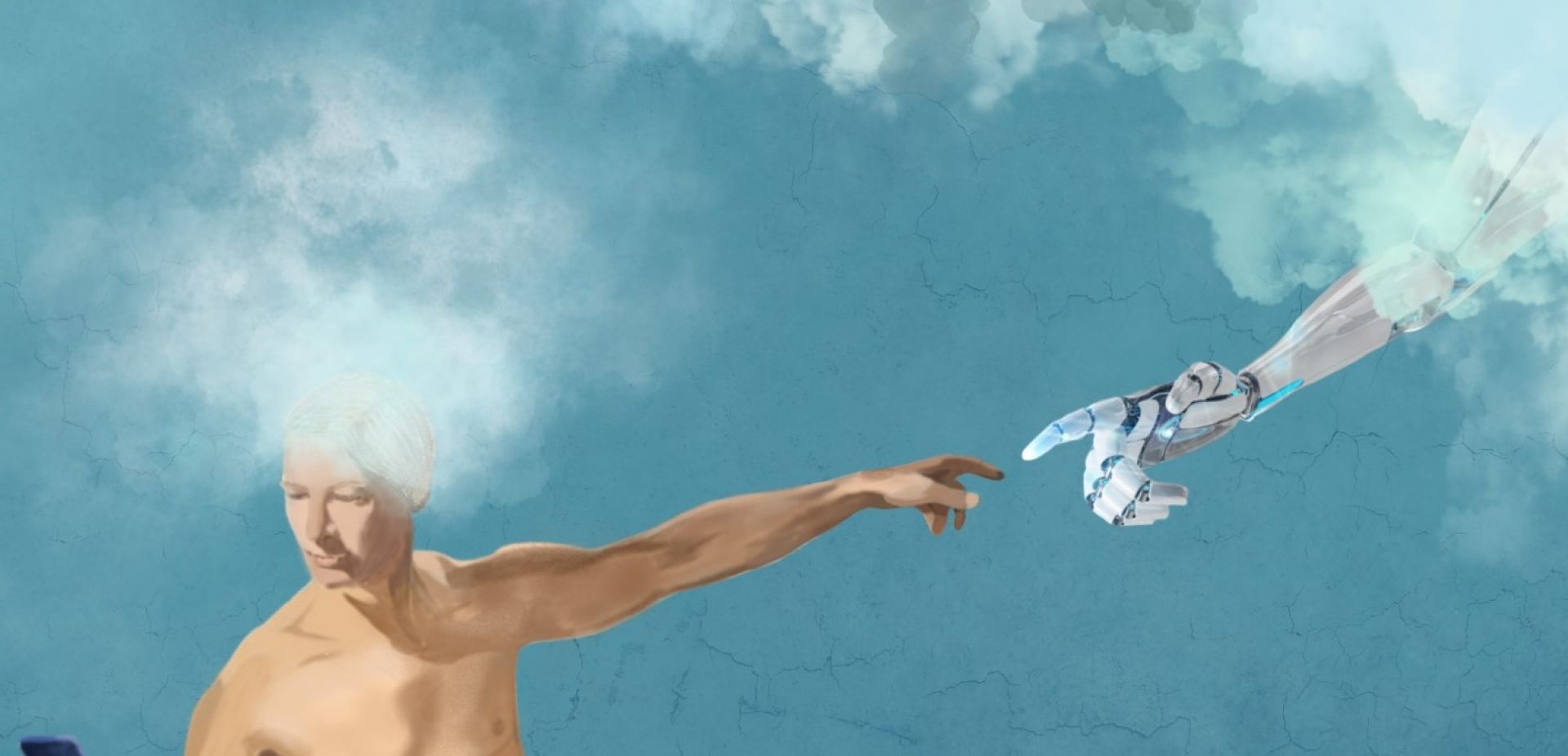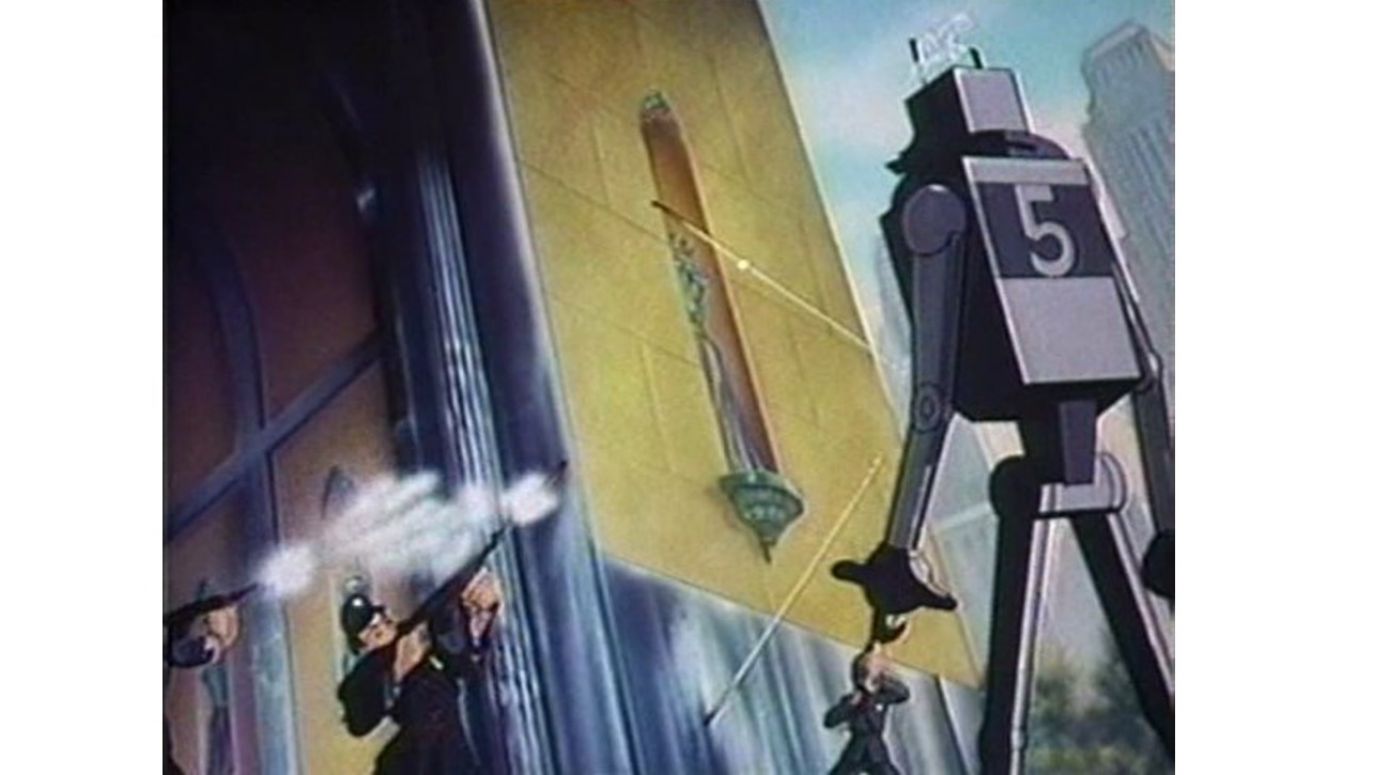At the end of March, Pope Francis addressed the issue of AI during an audience for devotees of the "Dialogues". Francis described the development of artificial intelligence as having "enormous potential" for humanity but warned that it would be used to our advantage "only when those who develop these technologies act consistently with ethics and responsibility." Just like bus drivers or doctors, bridge builders or toy manufacturers, right?
 SIGN UP TO OUR PAGE
SIGN UP TO OUR PAGE 
The Vatican News portal reported as follows: "Francis pointed out that if the development of artificial intelligence is to serve humanity, its basic criterion must be the dignity of the human person. However, the available data suggests that digital technologies have so far been used to increase inequalities in the world, not only in terms of differences in material wealth, but also in access to political and social influences." So, where is dignity, where is equality, and where is artificial intelligence? God was not discussed at the meeting, but in the pope's statement, there was a reference to the story of the Tower of Babel -- not as a warning against excessive scientific and technological ambitions, but against pride that wants to reach heaven, that is, to capture and dominate the horizon of values.
Cult of machines
The mills of God in the Vatican grind slowly and not necessarily on topic, so let's listen to Wallace Henley, pastor of Grace Church in Woodlands, Texas. The elderly Protestant theologian, a bestselling author who was a spiritual adviser to President Nixon, told The Christian Post: "We are all created for transcendence, for the overarching glory of God. [...] And if we don't fulfill that with God, we fulfill it with whatever we can find... That's what all idolatry is about. The idolatry of the future will be the cult of these machines -- this has already begun. It is still not very serious but even now some people literally and very seriously worship these products of their own hands."
Yes, they do. Already a few years ago, the US magazine "The Wired" reported how in late 2015, Anthony Levandowski, a former Google employee and a specialist in AI-based autonomous vehicles, had already initiated a church that worshiped AI. The First Church of Artificial Intelligence signaled to the world that since it was the first, there would be more to come. And already there are. For example, there's Theta Noir, which calls itself a "techno-optimistic visionary collective." According to The Geekweek website, its followers "want to combine spiritualist traditions with computer engineering to create a machine that will far surpass the capabilities of its creators, and then a faith that one day such machines will become something more." A faith, it seems, that is not without hope that this AI will change the world for the better.
Returning to Levandowski -- a friendly-looking geek from Silicon Valley -- he seriously offended his former employer, the IT giant Google. Had it not been for President Donald Trump's pardon, Levandowski would have gone to jail! In 2020, an action by Google's lawyers led to the conviction of the former head of its Project Chauffeur (autonomous vehicles), who received an 18-month prison sentence for stealing trade secrets. (After leaving the company, he and his colleagues built the self-driving Otto, which was later acquired by Uber). The court verdict also required him to pay damages totalling $179 million, resulting in Levandowski having to declare bankruptcy.
It was this high-profile litigation that triggered "The Wired's" story revealing the existence of the church of artificial intelligence and that it had been founded by this controversial geek while he was still working at Google. Previously, its existence had been shrouded in mystery, not a difficult thing since there was no building, no regular meetings of the faithful, and no ritual ceremonies. According to documents filed with the tax office, Levandowski was the official leader or "dean" of the new religion, as well as the CEO of a non-profit organization set up to keep it going.
Once the "dean" went bankrupt, he disbanded his church in late 2020, donating the institution's money – the $175,172 held in its account since 2017 -- to the NAACP's Legal Defense and Education Fund (National Association for the Advancement of Colored People) in the wake of the Black Lives Matter movement. Levandowski told TechCrunch that he decided to "dedicate funds to activities in an area that can have an immediate impact" on reality. Apparently, he stopped believing in the rapid success of AI changing the world for the better. Named World of the Future in the application filed when registering the church, its stated activities were to be "focused on realizing, accepting and worshiping a God based on artificial intelligence, developed with computer hardware and software."
So supposedly the diaspora was to write this god first in Python or another high-tech programming language. Then this AI god wouldn't reveal to them what was going on inside of it because there is generally no insight into the "thought processes" of artificial intelligence and one can't see how AI arrives at its conclusions, much less how it analyses. And, of course, nothing helps like getting down on your knees in front of something and not being able to figure out what it is. Theta Noir’s founder Mika Johnson put it this way in an interview: "The collective's goal is to project a positive future and think about our approach to AI in terms of miracles and mysteries."


 SIGN UP TO OUR PAGE
SIGN UP TO OUR PAGE 








